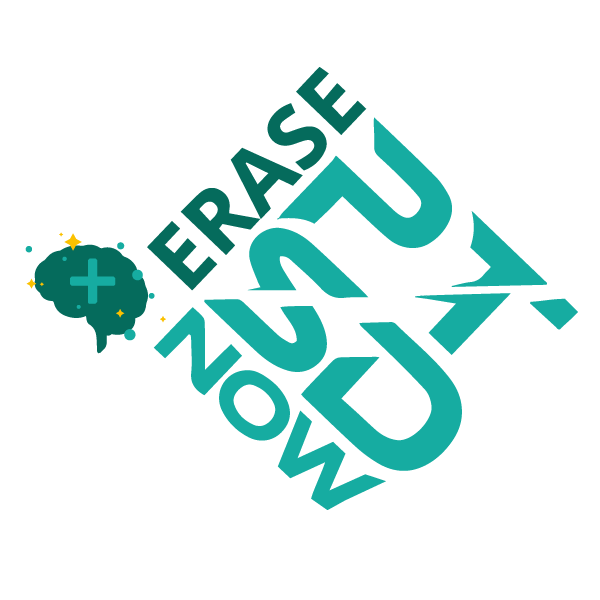Help Veterans With PTSD During the Holidays Cope
The physical and psychology trauma of serving in the military can last for years. Among the most common effects that face Veterans in post-truamatic stress disorder (PTSD). These struggles can become exceptionally exacerbated during the holiday seasons. Here are some tips to help veterans with PTSD during the holidays cope and still participate with their family and loved ones.
PTSD is an anxiety disorder that develops after exposure to highly traumatic incidents, such as military combat, terrorist act, natural disaster, serious accident, and chronic pain, among others. Most of these Veterans are also prone to depression or suffer substance abuse.
Department of Veterans Affairs
Photo Credit: Ilona Virgin
What Are the Causes of PTSD in Veterans?
Several factors contribute to the development of PTSD in Veterans, including frequencies of war, physical injury and losing fellow soldiers. The majority of them may find it difficult to deal with the aftermath of combat. This tends to worsen during holidays. These times of year can become overloaded with flashes of landmines blowing up, people dying, and high levels of pain that seem hard to bear.
As such, these Veterans can become agitated, highly stressed, severely exhausted and unable to get out of bed sometimes. There are days when they really struggle just to get through a typical day.
In spite of family members and friends having good intentions, they may not have the knowledge to provide the kind of support that Veterans need. Here are some practical ways that family members and friends can offer support and help Veterans suffering from PTSD cope during the holidays.
Understand that holidays may prove to be difficult for Veteran service members
Veterans may experience moral concerns due to having violated their moral principles, such as killing other humans in combat. Therefore, families and friends should refrain from asking sensitive questions about a Veteran's life or about PTSD. They could be having a genuine concern for the Veteran's wellbeing, but they may feel uncomfortable and can bring flashbacks of bad memories.
Communicate about the holidays
Family and friends should be careful to create a secure and safe haven where they can talk to Veterans and listen to them. It's important to understand what may trigger Veterans As well as what they hope to celebrate and how family/friends can provide support they want.
It's important to set limits. For instance, if they want certain holiday traditions changed, it's advisable to do that to avoid upsetting them. That will make the holidays more enjoyable for everyone.
Do not condemn
Although most Veterans hold a high level of guilt, they may not reveal it to close friends and family. It's important that family members and friends be careful not to condemn Veterans. This prevents issues from escalating to a significant problem. For instance, don't be harsh when they cannot be part of large gatherings or don't want to go to festivals. PTSD likely prevents them from enjoying things they did before.
Inform family members and friends before visits
It's best to inform family members and friends who would like to visit a Veteran over the holiday season regarding his/her condition. When people are informed beforehand, they'll act normal, sympathetic, provide more support, and the visit will turn out better for the Veteran and their loved ones.
Help-Veterans-PTSD-During-Holidays-Cope - SGB for PTSD
Photo Credit: Benjamin Faust
It's also needful to guide family and friends on what questions they are comfortable answering and what subjects must be avoided. That can prevent any disastrous flare-ups and unnecessary negative energy from ruining the holiday celebrations.
Tips for veterans
Having said enough about how a family can help, here's how Veterans with PTSD can cope with stress during the holidays:
Set some 'me time' to take walks as this stops you from feeling overwhelmed. You can also do anything else you love to relax during this time.
Have limits of what you can handle and strictly adhere to them. For instance, avoid large groups and don't join activities for longer than you can handle.
Get plenty of rest; Sleep at least 8 hours daily
Exercise often for mind relaxation, fitness and good health
Quit drinking alcohol because it can make you lose control over your behavior and emotion, which triggers PTSD and creates additional stress.
Last but not least, always be open and talk with your family and friends, tell them how you feel. Be honest about your stress levels, give them your plans ahead of time. This is especially important if you're planning to take some time during the holiday to relax and unwind. They'll listen and help you through rough times.
If uncomfortable or unable to speak with friends or family, always consider reaching out to a dedicated Veterans Crisis Line at 1-800-273-8255. Also consider checking out the Department of Veterans Affairs, as well as other PTSD organizations, for valuable resources that are available to help vets cope with PTSD.




